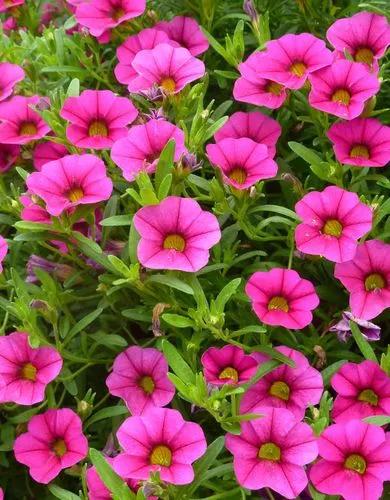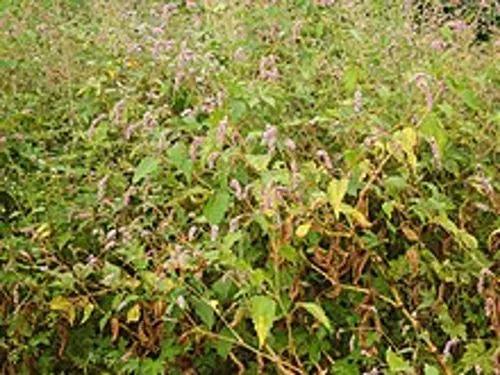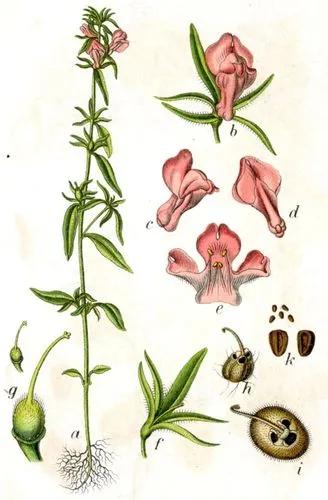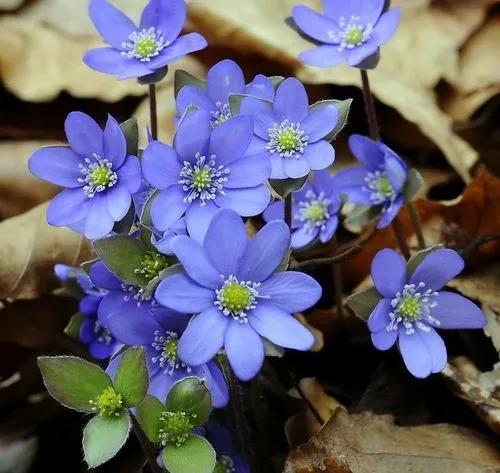Clematis lanuginosa is a flowering vine of the genus Clematis. It grows among bushes in somewhat stony soil on mountain slopes and in river beds at 100-400 m elevation. The flowers of the plant are flat, from almost white to light blue in colour.
Clematis lanuginosa Care
Clematis lanuginosa



Clematis lanuginosa is endemic to Zhejiang province in eastern China and was first discovered near Ningbo by the plant hunter Robert Fortune in 1850 who sent plants back to England. It was lost to cultivation at about the time of the first world war and thought to be extinct but was rediscovered growing in the same area in 2008. It is a twice-bearing clematis that blooms once in spring and again in summer. It is best known as a parent species for many of the large-flowered varieties of Clematis.
How to Care for the Plant

Water

Water weekly for the first season, to help the plant get established.

Fertilizer

Feed your plants well to keep them healthy and vigorous. In early spring, surround the plant with a shovelful of compost and a handful of granular organic fertilizer. Feed again, once or twice during the growing season, with a water-soluble organic fertilizer.

Sunlight

It can grow in full sun or in semi-shade (light woodland). Ideally it's a sunny spot. To reach their full potential they need at least six hours of sun each day.

Soil

Clematis prefer moist, well-drained soil that's neutral to slightly alkaline in pH. If your soil tends to be acidic, you should sweeten it periodically with limestone or a little wood ash. Mulching around the base of the plant will help conserve moisture, but keep the mulch several inches away from the crown, where the vines emerge from the soil.

Temperature

The plant can be grown in the areas with the lowest winter temperature of −34.4°C (−30°F).

Additional

Like other climbing plants, the growing end of a clematis vine is searching for something to grab onto, and if it can't find anything, it will stop growing. Make sure you provide it with something to climb on from day one.

Popularity

36 people already have this plant 9 people have added this plant to their wishlists
Discover more plants with the list below
Popular articles






